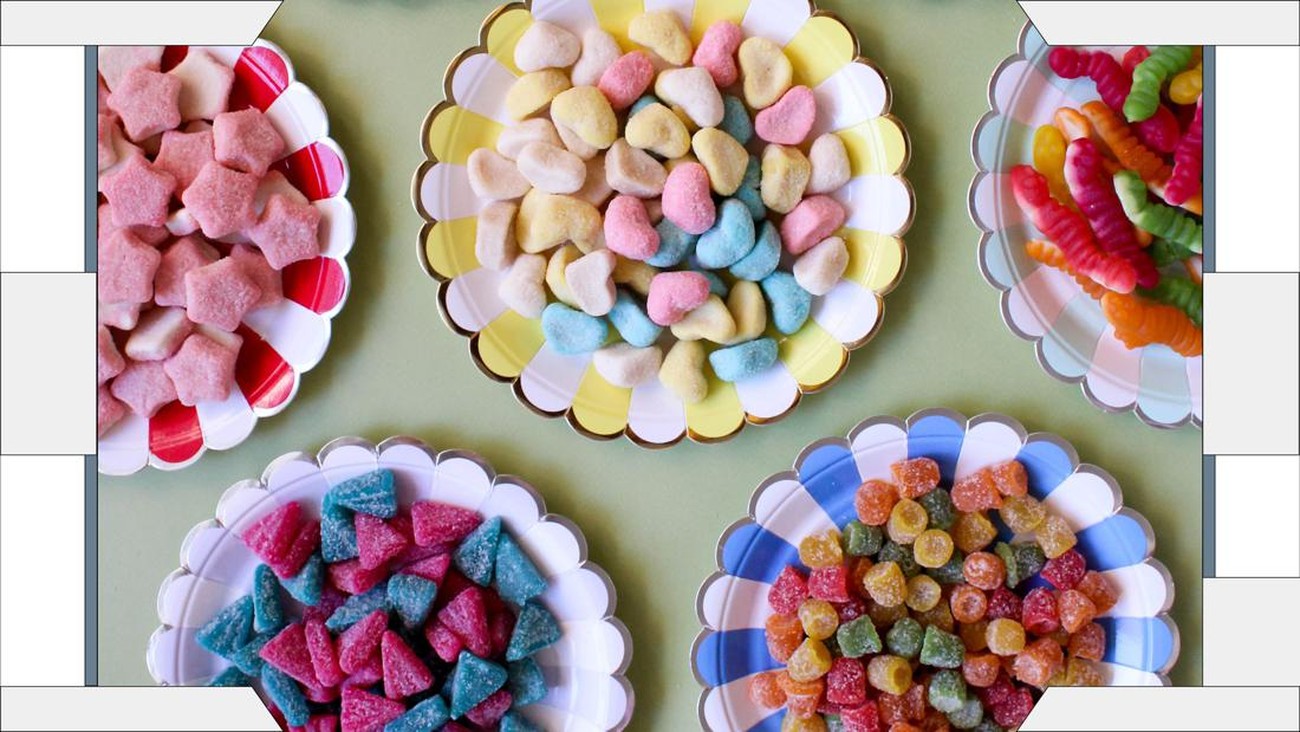We all are familiar with the term sugar rush, right? Perhaps, it's a scene that plays out too often in movies or real life where parents are reluctant to give their children too many candies or lollipops, to prevent them from becoming hyperactive and hard to control. However, up to this day, studies can't find much correlation between sugar and hyperactivity. If any, the effect is not huge and doesn't extend to the majority of children.
Say, you're eating a lot of ice creams and chocolates because apparently, you think it's a temporary cure for the heartbreak you're currently experiencing. Similar to drugs, sugar is addicting because it triggers the body to release a lot of dopamine or the feel-good chemical released in the brain. So it's acceptable how sugar might be a remedy for bad days. But this 'method' doesn't necessarily cause a sugar rush, does it?
The visualization of having too much sugar in your body, can be envisaged with a lot of sugar being piled up in your tummy, no? Which then leads to hyperactivity, they said. However, according to scientists, your body doesn't use all the sugar you eat at once, no matter how much you put them in. In fact, our body likes it steady when keeping the amount of sugar in our blood; not too much and not too little. In other words, our muscles and organs have the power to organize the necessary amount of sugar to create energy or to store them for later use.
So, sugar rush is a myth?
To put it simply, when we were little, our parents or MC from birthday parties would reward us with sweets if we display good behavior. Some dentists give candies to children who had just finished their appointment as a way to say "Good job, little one." It's safe to say that this occurrence, may or may not generate the idea that candies, chocolates, lollipops, and any sweets are a special treat. Hence, acknowledging how we can receive a delicious reward might be enough reason to generate a boisterous outburst of high-octane activity enabling what is so-called, the sugar rush. When in reality, people get energetic and happy when receiving and enjoying a treat, sugary or not.
On the other hand, there's something called the sugar crash. It's a term to describe the effect that is opposite of the claim when one is having a sugar rush. A study was done by scientists to show the effect of sugar on mood, found how people who consume a lot of sugar feel really tired an hour after eating sweet treats. So, instead of experiencing a sugar rush, a lot of sugar can make people feel worse. This is what they describe as the sugar crash. It's Sugar, we're going down, but in a literal way.
Still, too much sugar is bad, though
Consuming sugary snacks cause a brief spike in blood glucose, an effect called hyperglycemia. However, the symptoms of hyperglycemia don't include hyperactivity, rather cause thirst, fatigue, irritability, nausea, down to frequent urination. Current scientific studies have shown that sugar doesn't cause hyperactivity in the vast majority of children, resulting in how the sugar rush might be just a myth.
Underlining this statement, however, still doesn't take away the fact that high sugar intake can lead to serious health problems such as diabetes, tooth cavities, and heart disease. This applies to both children and adults. Thus, monitoring our own and our beloved's sugar intake is important. For you, Gen Z, perhaps it's time to cut down your unhealthy amount daily dose of iced gula aren latte!
(HAI/DIR)


